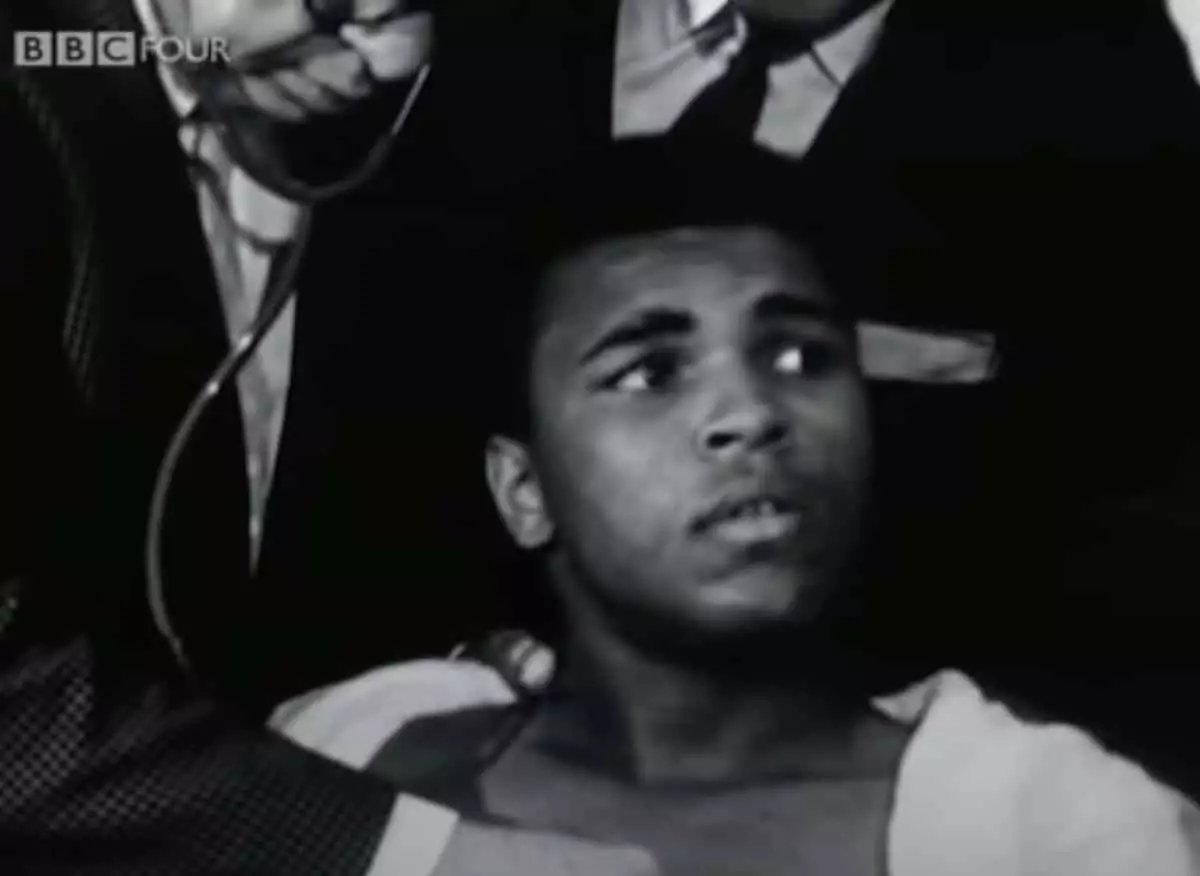The world of boxing is a realm where legends are crafted, and the names Muhammad Ali and Oleksandr Usyk resonate profoundly among fans and athletes alike. January 17th, a date etched in the annals of boxing history, marks the birth of both these exceptional fighters. As we commemorate the 83rd birthday of Ali, who passed away in June 2016, it draws attention to his monumental impact on the sport. At the same time, it allows us to celebrate the contemporary achievements of Usyk, a fighter who has carved his place in the heavyweight division with unparalleled skill and determination.
Muhammad Ali, often hailed as “The Greatest,” transcended boxing; he became a symbol of courage and conviction unmatched in athletic history. Born Cassius Clay, his rise to fame was fueled by not only his quick fists but also his quick tongue. Known for his charismatic persona, Ali’s contributions went beyond the ring as he fought for civil rights, social justice, and peace. His boxing career, punctuated by legendary bouts against Sonny Liston, Joe Frazier, and George Foreman, solidified his status as an icon.
Ali’s unique fighting style, characterized by speed and agility, redefined heavyweight boxing. Standing at 6’3″ with a reach of 78 inches, he utilized his physical attributes along with exceptional footwork to evade punches and deliver his own, often with devastating efficiency. His fights were not just combative events; they were performances that showcased his flair and intellect, demonstrating an artistry that many termed “The Sweet Science.”
In stark contrast, Oleksandr Usyk’s ascent within the sport exemplifies resilience and adeptness. As a two-time cruiserweight champion who made a seamless transition to heavyweight, Usyk has faced formidable opponents like Anthony Joshua and Tyson Fury, emerging victorious and showcasing his tactical prowess. The man from Ukraine stands at 6’3″ with a similar reach to Ali, further drawing comparisons between these two titans of boxing.
Usyk’s fights are a testament to his boxing IQ. His ability to adapt and read his opponents has drawn comparisons with some of the greatest minds in the sport. Known for his adept footwork and precise punch placement, Usyk has demonstrated that he is not just a brawler but an artist in the ring, echoing the qualities that made Ali a legend. His recent accomplishments have not only allowed him to reign as the heavyweight king but have elevated his status to that of a modern-day inspirational figure.
The concept of a dream fight between a prime Muhammad Ali and Oleksandr Usyk tantalizes boxing enthusiasts. Both athletes share key physical attributes and an instinctual understanding of the game, compelling us to ponder: Who would reign supreme in such a battle? Ali’s unmatched speed and reflexes make for a compelling case, as many believe his ability to maintain distance and land quick jabs would give him the upper hand. However, Usyk’s southpaw stance and adaptability could pose challenges for the former champion, creating a dynamic clash of styles.
It is essential to recognize that both fighters thrived in different eras, under varied rules and competitive environments. Ali’s artistry was on full display during the prime of his career, such as in his illustrious bout against Cleveland Williams. Conversely, Usyk’s display against Tyson Fury showcased an impeccable blend of skill and grit. A hypothetical 12 or 15-round encounter would likely evolve into a mesmerizing display—a tactical ballet filled with clever techniques, quick exchanges, and perhaps moments of palpable tension.
Beyond their prowess in the ring, both Ali and Usyk are distinguished for their humanitarian efforts. Ali fought valiantly for social justice, and his legacy continues to inspire those seeking equality and peace. Usyk, too, stands out not only for his athletic achievements but also for his commitment to advocating for his homeland, especially in the face of adversity. His actions on and off the canvas exhibit a dedication to serve others that echoes Ali’s ethos.
Ali’s birthday serves as a reminder of the life lessons he imparted through his actions, while Usyk’s rising trajectory warns of the legacy he is still building. As fans reflect on both figures, one cannot help but wonder how much more Usyk will contribute to the sport and the world, especially as he approaches his 38th birthday.
In closing, the legacy of Muhammad Ali is not merely confined to his past victories or his iconic status; it is alive in the exploits of modern champions like Oleksandr Usyk. As we celebrate their shared birthdays, it becomes a moment to reflect on their impacts—both in boxing and society at large. Boxing is more than physical prowess; it’s about the resilience, honor, and inspiration that transcends generations. In honoring Ali and Usyk, we acknowledge the spirit of champions who continuously champion the causes of others, leaving an indelible mark on the sport they both love.

